According to a report by the Women in Informal Employment Globalizing and Organizing (WIEGO), approximately 850,000 Ghanaians, mostly women, fell into extreme poverty in 2022 due to various factors, including high levels of government debt, the closure of international markets to Ghana, and global disruptions to the supply chain due to the war in Ukraine.
The research, conducted in October 2023, revealed that even though Ghana had partially recovered from the COVID-19 pandemic in 2021, most of these 850,000 Ghanaians were affected by inflationary pressures, which led to a cost-of-living crisis.
The steep depreciation of the cedi due to high inflationary pressure resulted in the situation, especially because Ghana is heavily dependent on imports. The report found that rising prices pushed nearly 850,000 Ghanaians into poverty in 2022.
As of October 2023, the inflation rate averaged 35 per cent, with the highest rates for food and non-alcoholic beverages (+45%), followed by health services (+28%), housing, water and electricity (+25%), transport (+25%), and education (+13%).
The report discovered that workers in informal employment, accounting for 89% of the employed population nationally and 83% in Accra, were disproportionately affected by the cost-of-living crisis.
Most of these workers lack access to critical safety nets, such as pension and poverty relief programs, cash transfers, and microfinance schemes, leaving them particularly vulnerable to economic shocks.














